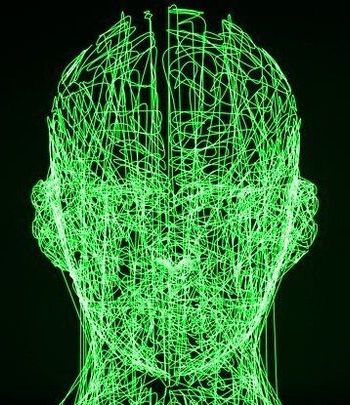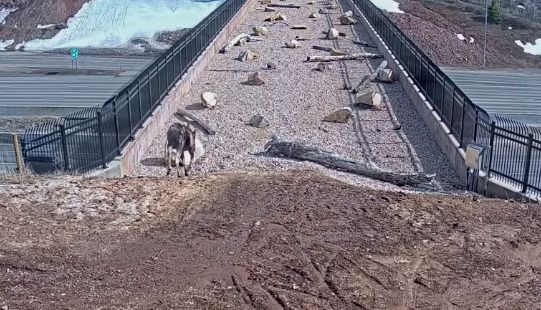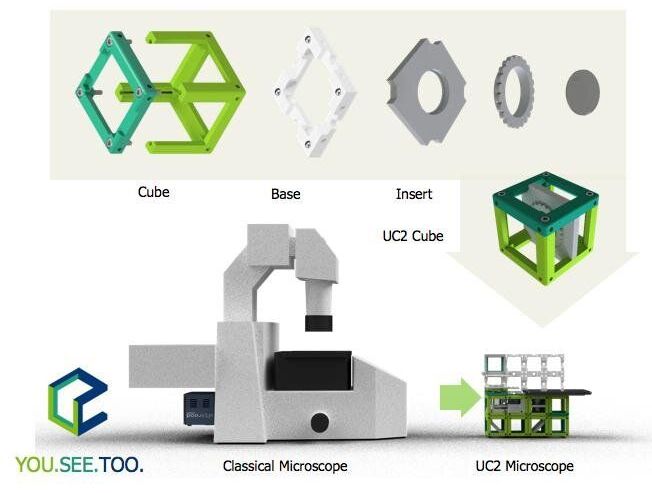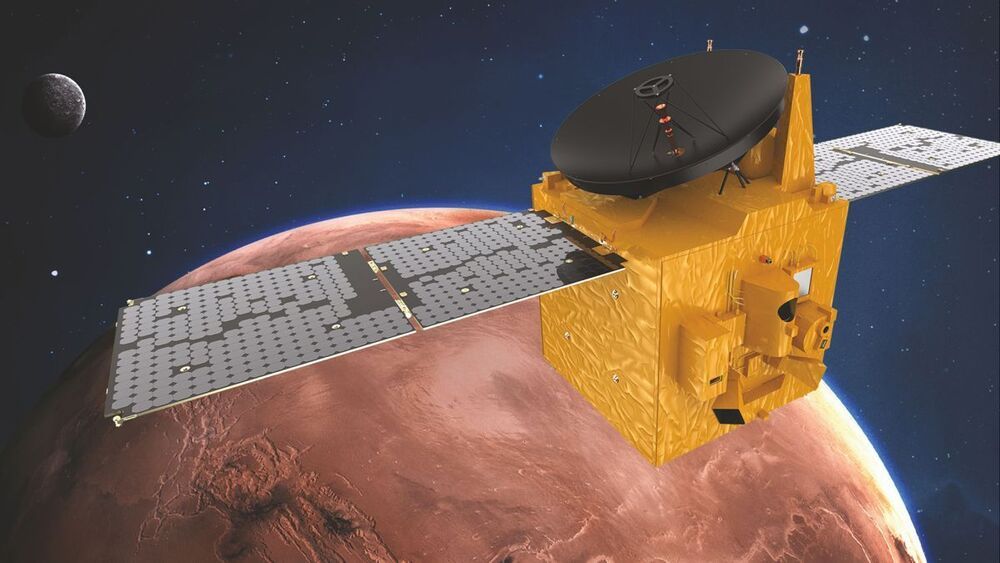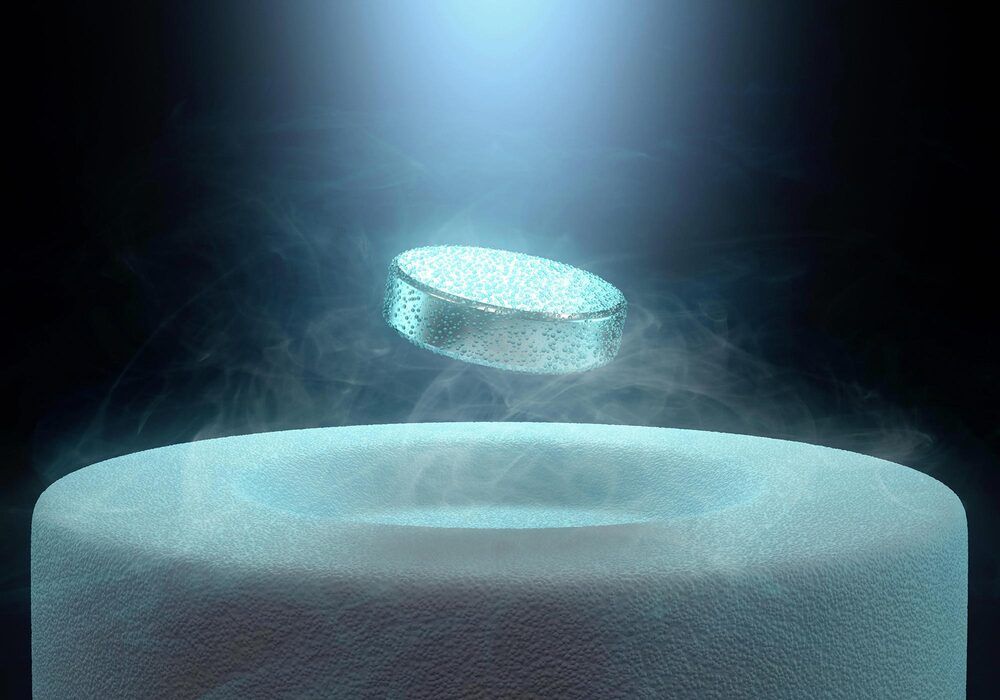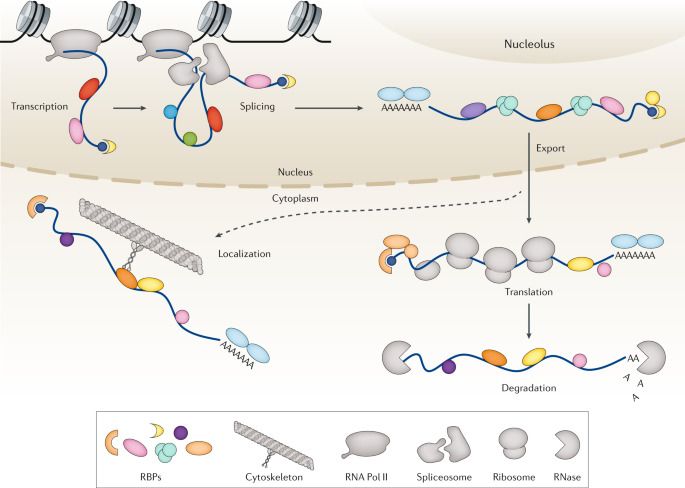Recent technological advances have enabled the development of increasingly compact and flexible devices. This includes wearable or portable technology, such as smart watches, earphones or other smart accessories, which can assist human users in a variety of ways.
Researchers at University of California, Los Angeles (UCLA) have recently devised a strategy that could enable the fabrication of portable, compact and flexible electrocaloric cooling devices. This strategy, outlined in a paper published in Nature Energy, is based on a four-layer cascade mechanism that enables a significant temperature lift in a user’s surroundings.
“Our research started more than five years ago, when we were funded by ARPA-E, an agency of the U.S. department of energy, to solve a key cooling need: to maintain sufficient personal thermal comfort while reducing the HVAC energy consumption for offices and buildings,” Qibing Pei, one of the researchers who carried out the study, told TechXplore. “Our key goal was to create a wearable cooler.”


